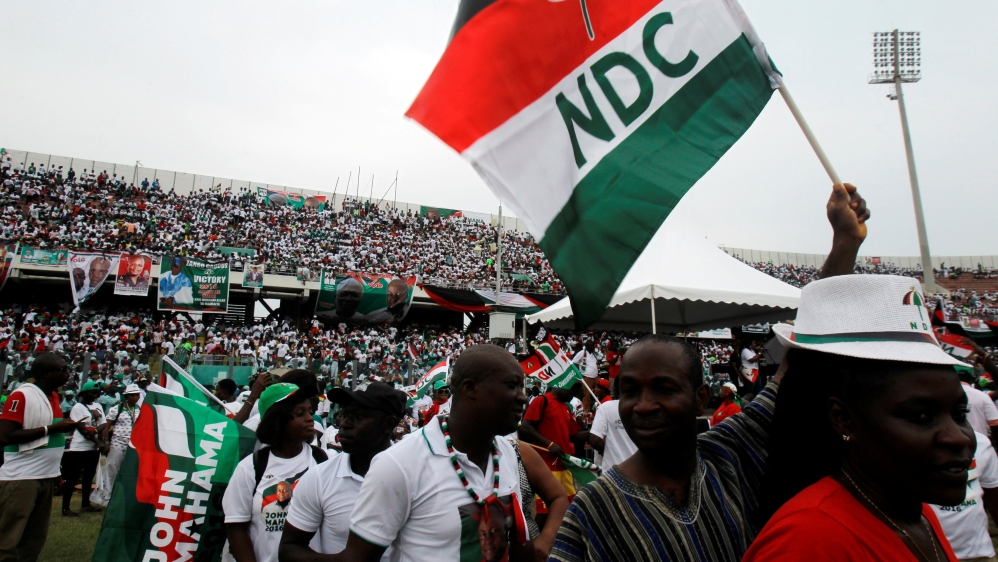In the lead-up to Ghana’s highly anticipated 2024 Presidential Election, a recent survey conducted by Global Info Analytics has sparked controversy, with findings suggesting a significant lead for the National Democratic Congress (NDC) flagbearer, John Dramani Mahama.
However, the campaign team of the NPP’s flagbearer, Dr. Bawumia, has swiftly downplayed the survey results, raising questions about its methodology and credibility.
The survey, released by Global Info Analytics, purportedly indicates that Mahama has secured a substantial lead in all three critical swing regions: Greater Accra, Central, and Western regions. According to the poll, Mahama commands 54.3% of the vote, followed by Dr. Bawumia at 34.9%, with other candidates trailing behind.
Of particular note are Mahama’s significant leads in the swing regions, where he reportedly garners 63% of votes in the Western region, 73% in Greater Accra, and 51% in the Central Region. These figures stand in stark contrast to Dr. Bawumia’s support, raising concerns within the NPP camp.
Addressing the survey findings, Dennis Miracles Aboagye, the Communications Director for Dr. Bawumia’s campaign team, expressed skepticism about the poll’s validity during a news conference in Accra.
Aboagye challenged the methodology employed by global info analytics, stating, “There is not a single organization that is an authority over electoral polling… Unfortunately, it looks like this particular poll that you reference is one that we never receive their indices that they use. Who are you sampling? Which people are you talking to? We don’t have much we can do about that particular one because it does not tell much. It looks very scanty, it really doesn’t tell of a poll that was done properly.”
Moreover, the survey also highlighted voter apathy in certain regions, with the Ashanti and Greater Accra regions exhibiting notable percentages of voters signaling their intention not to participate in the upcoming election. This trend adds another layer of complexity to the electoral landscape, indicating potential challenges in mobilizing voters and securing widespread participation.
As the campaign season intensifies, both the NPP and NDC are expected to engage in vigorous efforts to sway voters and bolster their respective positions. However, the controversy surrounding the survey results serves as a reminder of the uncertainties inherent in political polling and the importance of critical analysis in interpreting such data.
With the December 7 election drawing closer, Ghanaians remain vigilant, evaluating the competing narratives and promises put forth by the political contenders as they prepare to cast their votes for the nation’s future.



















